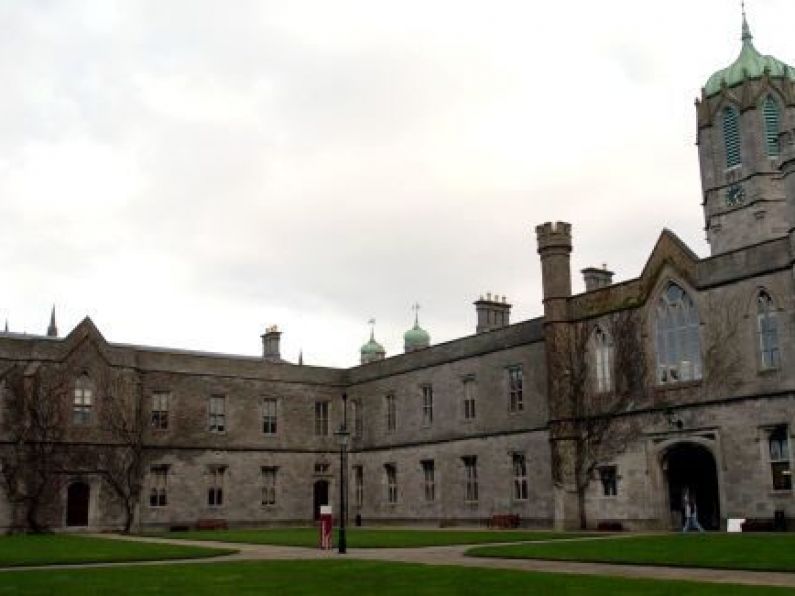A scientific institute based at NUI Galway is to spearhead a European consortium to train researchers in developing new treatments for multiple sclerosis.
Funding of €3.9m has been secured for the project which aims to develop novel devices and treatments for the devastating neurological disease.
Dr Una FitzGerald, principal investigator of the Multiple Sclerosis Research Lab and director of the Galway Neuroscience Centre, collaborating with CÚRAM, the Science Foundation Ireland Centre for Research in Medical Devices, has secured the funding under the EU's Horizon 2020 Programme to lead a consortium of researchers across Europe.
The project involves researchers from Denmark, Germany, Belgium, France, Italy, Spain and Czech Republic, as well as Ireland.
MS is the most common neurological disease to affect young adults and there are currently approximately 8,000 people in Ireland suffering from the disorder. The disease usually has two phases:
- an early “relapsing remitting” phase, during which sufferers undergo impairment, such as double-vision or limb weakness, followed by symptom dissipation for a period.
- the second, progressive phase is degenerative, when individuals experience deteriorating symptoms, often resulting in much-reduced mobility, increased fatigue and cognitive challenges.
The consortium aims to develop treatments for the progressive phase of multiple sclerosis. Part of the EU Initial Training Network (ITN), the programme will fund 15 PhD students across Europe, five of whom will be based at NUI Galway under the supervision of Dr Fitzgerald and her co-awardees, Professor Abhay Pandit, Scientific Director at CÚRAM and Dr Nathan Quinlan from the College of Engineering and Informatics at NUI Galway.
Professor Pandit, who will contribute expertise in the development of biomaterials for drug release, said: “Partnering in this unique consortium provides CÚRAM with the opportunity to combine our unique areas of research excellence to produce real solutions. That, combined with the training of PhD graduates with expertise and experience, makes this funding a very exciting award.”






